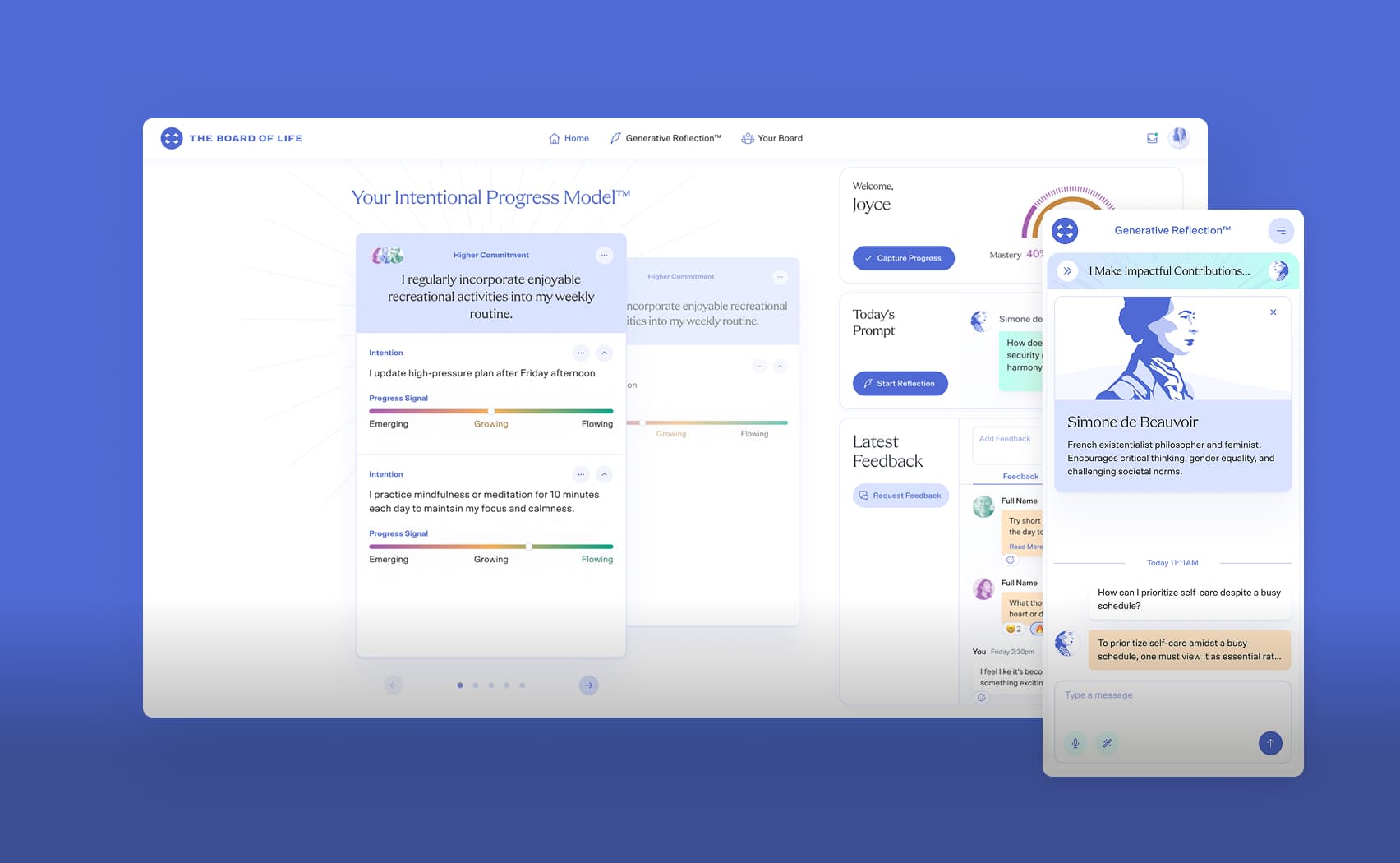Why Empathy Is Crucial For Business Partnerships
Every business is a collection of partnerships. Businesses rely on partnerships with and between their employees, as well as with other businesses that provide them with goods or services.
Getting partnerships right is crucial for running a business, and empathy forms the crux of every partnership. Without empathy, partnerships tend to devolve into little more than opportunistic interactions, to lose trust, and to fizzle out completely.
Empathy is crucial for business partnerships because it drives intangible values like:
- Shared Goals
- Conflict Resolution
- Communication
- Innovation
- Trust
A recent survey of American employees found a near-unanimous agreement on the value of empathy in the workplace. In particular, 89% said that empathy improves leadership, and 87% said it improves efficiency and creativity.
Empathy Drives Shared Goals
Partnerships function best when both parties work in the same direction. Having different goals or visions is the source of almost all conflict, as it will inevitably drive the members of a partnership in different directions.
It would be convenient if we could write all our goals down in a completely unambiguous language, crystal clear and free from misinterpretation. To the extent that we can do this, we should.
But ultimately, much of goal setting is intangible and actually emotional. A business goal may be expressed in terms of a specific metric or dollar amount, but the motivation behind it is more of a feeling about what direction you want your organization to move in.
Empathy is all about shared emotion, so having shared goals is really about having empathy. It is impossible to be on exactly the same page as your business partner without feeling how they feel about the way things are heading.
Empathy Drives Conflict Resolution
Although it can and should be mitigated, conflict is a normal part of any kind of partnership. Treated poorly, conflict is a source of destruction and can end the partnership completely. But treated intelligently, conflict can be a creative source of growth for the partnership.
Much as natural forest fires are good for weeding out dead trees, healthy conflict can be good for refocusing and weeding out what’s unimportant. The key is to have empathy for the other party, to see where they are coming from, and to understand what role you may have played in the origin of the conflict. This requires swallowing your pride, but that is often what empathy is all about.
Empathy Drives Communication
Even when a partnership only explicitly involves two people, it usually implies more people than that. At JetRockets, each client interacts primarily with their dedicated Project Manager, but the Project Manager in turn communicates with a QA Expert and a team of developers.
This means that all partnerships really rest on a wide web of communication. Trust in a business partnership relies on the ability of the underlying web to communicate effectively.
And the more people there are in the web, the harder it is to communicate. Communication has more opportunities to break down, leading to problems elsewhere.
Empathy helps with communication throughout. It helps each pair of individuals align their goals with each other, leading to enhanced understanding of motives and outcomes.
Empathy Drives Innovation
Innovation can only take place in an environment that supports risk-taking, creativity, and experimentation. And such an environment rests on partnerships that have shared goals and clear lines of communication.
Additionally, human-centered innovation means having empathy for the end user. When designing a web application or a piece of software, you must have empathy for the user in mind, whether they be your client’s accounting team or one of your client’s customers. Good, innovative UX is as much about the way software feels as it is anything else.
Empathy Drives Trust
Trust is really the foundational unit in partnerships of all kinds, and especially of business partnerships. Intangible, and unmeasurable, trust is often ignored as a factor in business outcomes. Yet trust informs every aspect of commerce.
Businesses use advertising and marketing to communicate their trustworthiness before you even get in touch with them. And during the business process, smart businesses strive to establish trust at every turn. Before and after you start working with someone, you have to communicate trust to ensure that the partnership continues.
Trust is driven by three factors: Logic, Authenticity, and Empathy.
It’s obvious why Authenticity matters for trust. You can’t trust somebody who is pretending. And Logic matters for Trust, because you can’t trust someone who appears inconsistent or incoherent.
Empathy drives Trust because you can only trust someone who you believe genuinely cares about your goals and your success in your goals. It all comes back to having shared and aligned goals.
Trusting without Empathy would be blind. It would imply believing that your partner is competent and rational in what they do, but could throw you away or take advantage of you if that happened to serve their interests.
Leadership as Empathy
In another article, I discussed why leadership is a form of emotional labor. Leaders must project confidence and handle conflicts, while dealing with loneliness and burnout.
Coordinating business partnerships is another reason why leadership entails emotional labor. Rather than being a cold, calculating, purely rational position, leadership is intrinsically social and emotional. Strong leaders know this, and are capable of forming empathy-driven partnerships.
Ultimately, all organizations depend on their partnerships for their success. More than just capital or technology, a business is a group of people working together towards a shared goal.



